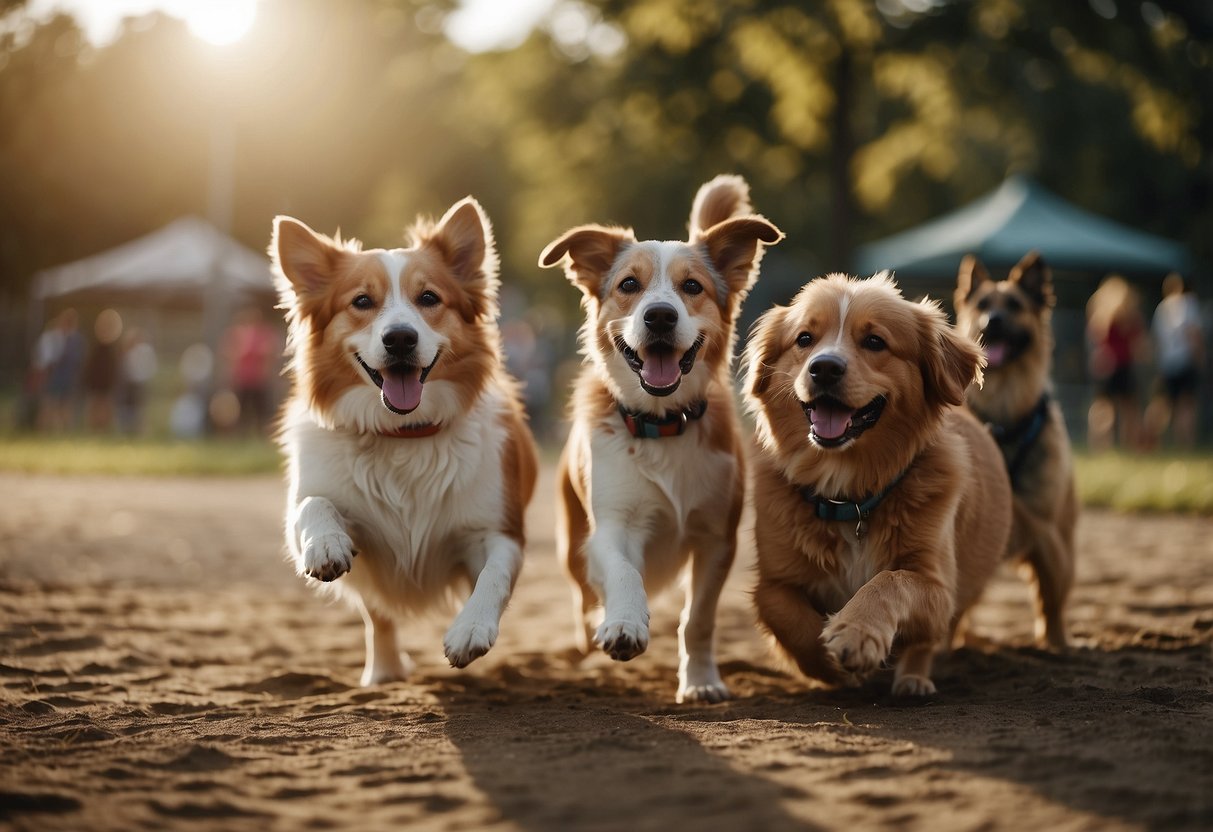
Socialization and Mental Health in Pets
Social interactions are crucial for pets as they help to prevent behavioral disorders and support cognitive development and stimulation. A well-socialized pet is more likely to be mentally healthy and better adjusted to various situations.
Preventing Behavioral Disorders
Socialization is an essential aspect in preventing common behavioral disorders in pets. Pets that lack social interactions may develop issues such as anxiety, aggression, and destructive tendencies. Through early and consistent social engagements with other animals and humans, pets learn appropriate behaviors and coping mechanisms.
Fear and anxiety-related disorders can also be avoided with proper socialization. When pets are exposed to different environments, sounds, and experiences, they are less likely to exhibit fear-based reactions. This makes them more adaptable and comfortable in new situations, reducing the propensity for problematic behaviors.
Cognitive Development and Stimulation
Socialization plays a significant role in the cognitive development of pets. Interactions with other animals and humans provide mental stimulation, which is critical for their brain health. Activities such as play, structured training, and exploration contribute to enhancing their problem-solving skills and overall mental agility.
Cognitive stimulation is essential in preventing age-related cognitive decline. Regular social interactions can keep pets mentally active and engaged. This is particularly important for older pets, as mental stimulation helps maintain their cognitive function and slows the progression of cognitive disorders.
Engaging pets in diverse social activities ensures they receive ample mental exercise. This not only enhances their cognitive capabilities but also improves their overall quality of life and well-being.
The Impact of Socialization on Pet-Owner Bonding
Socialization plays a significant role in enhancing the bond between pets and their owners. Regular socialization activities help pets become more comfortable and confident in their environment. This confidence allows pets to interact more freely and joyfully with their owners, strengthening the emotional connection.
When pets are well-socialized, they tend to be less anxious and more trusting. This trust fosters better communication between the pet and owner. For example, a socialized dog might respond more reliably to commands, making daily interactions smoother and more enjoyable.
Moreover, engaging in socialization activities often includes communal exercises or play, such as walking in the park or attending training classes. These shared experiences can be enjoyable and rewarding, creating positive associations for both the pet and the owner.
Socialization also helps pets behave better in social settings. A well-socialized pet is less likely to display aggressive or fearful behaviors. This not only makes outings more pleasant but also reduces stress for the owner, knowing their pet can handle different situations calmly.
Additionally, pets that are accustomed to various social settings tend to adjust more easily to changes in their environment. This adaptability can be crucial during travel, moving to new homes, or introducing new family members, including other pets.
Lastly, as pets feel more secure and happy, owners often find greater joy in their companionship. This mutual satisfaction contributes to a more harmonious and fulfilling relationship, highlighting the importance of socialization in the dynamic between pets and pet owners.



